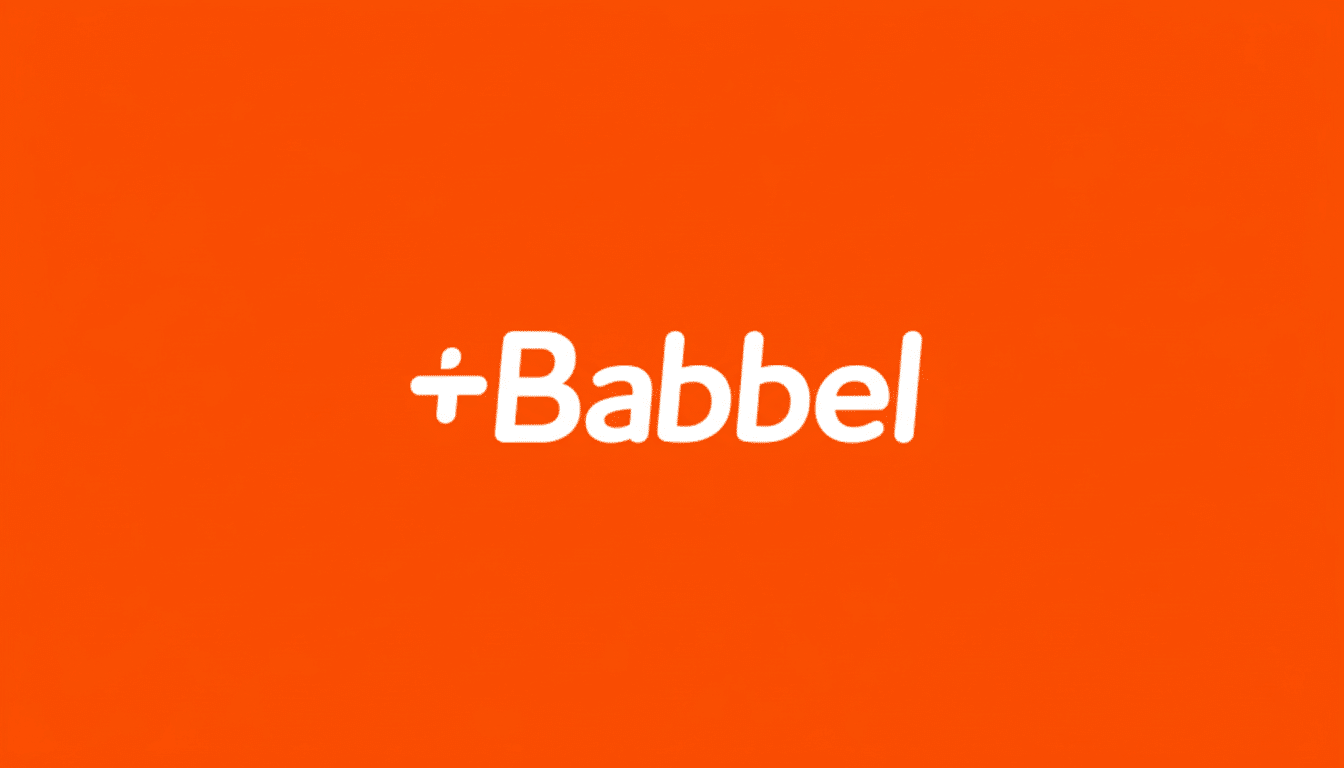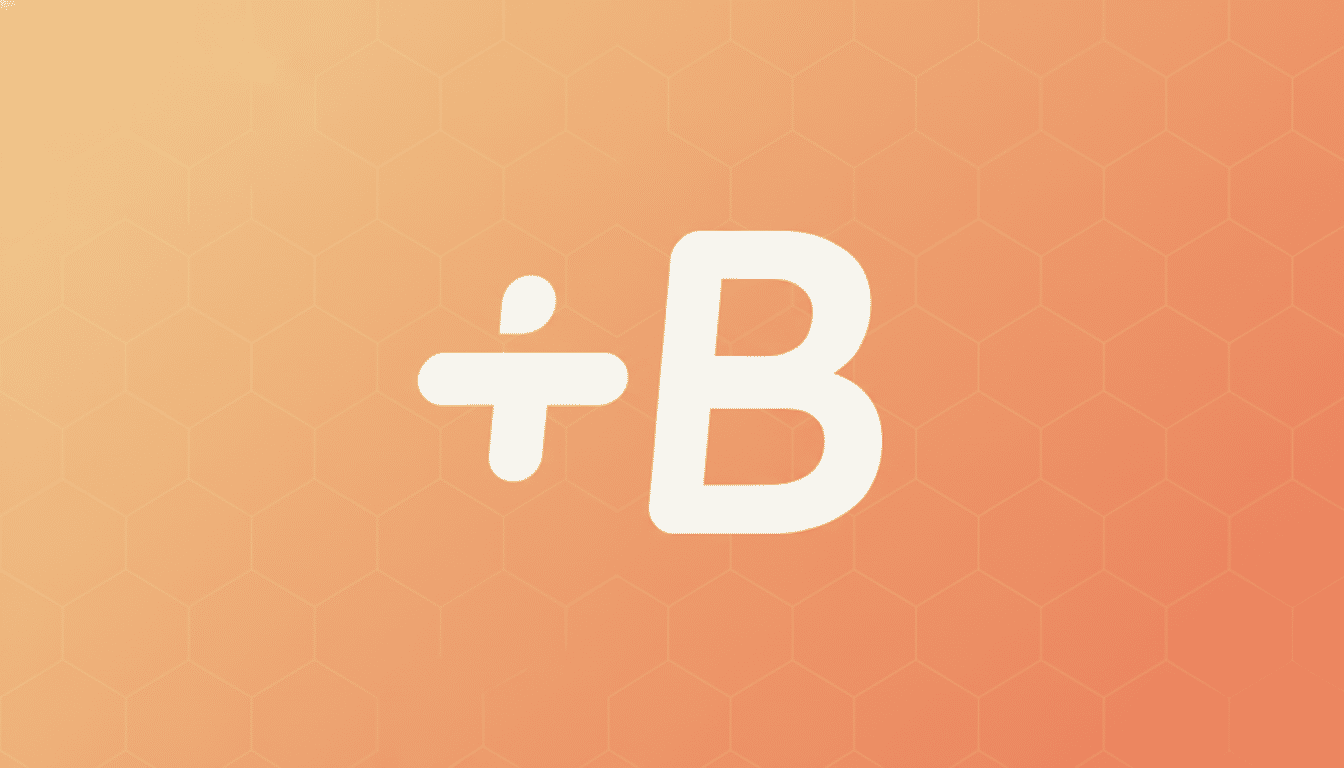Babbel is offering a rare all-access deal that gets you full access to their 14-language library for $159 with code LEARN. That’s a savings of around 47% off the usual price tag of $299. That’s a one-time purchase to let learners enjoy unlimited ad-free lessons without getting locked into a monthly subscription churn.
The offer includes more than 10,000 hours of structured lessons that are based on real conversations, and not simply flash cards or leaderboards. If you’ve been longing for a serious language platform at a not-so-serious cost, this is the kind of deal that doesn’t come around often.
- What this Babbel all-access deal includes across 14 languages
- Why Babbel’s conversation-focused learning method works
- How the value stacks up for multi-language learners over time
- Babbel versus popular alternatives in real-world learning
- Who will benefit most from this Babbel all-languages offer
- Bottom line on Babbel’s $159 all-languages access deal

What this Babbel all-access deal includes across 14 languages
It’s available in all 14 languages—Spanish, French, German, Italian, Portuguese, Swedish, Dutch, Turkish, Polish and Indonesian are the others—so you can change horses as your aims shift.
Class sizes are bite-sized, 10 or so minutes long, with interactive drills and dialogues articulated by native speakers, plus speech recognition for pronunciation feedback. And with offline mode, you can download units to learn on the go, while adaptive reviewing sessions that incorporate spaced repetition help prevent everything you’ve learned from leaking out.
Since access is purchased as a single, one-time license, you’re not racing against renewal dates or losing your hard work if something comes up and you need to pause. That lengthy runway is important for learners looking to stack multiple languages over time.
Why Babbel’s conversation-focused learning method works
Babbel’s courses are built by linguists and their content aligns with CEFR levels (from survival phrases to workplace and travel fluency).
Dialogues reflect real-life experiences—ordering food, figuring out transportation, running a meeting—and vocabulary translates rapidly into conversational ability.
In a study by Yale University, every single participant improved their oral proficiency in 3 months with Babbel—an emphasis on output you cannot overlook. That’s a vital difference: a lot of apps are strong on recognition but weaker on speaking; Babbel emphasizes conversation.
The ad-free nature of the platform counts for more than it seems. Without distractions, sessions remain short and sharp—a principle that resonates with existing microlearning research reporting that frequent, focused practice leads to higher retention rates and greater motivation.

How the value stacks up for multi-language learners over time
At $159 with code LEARN, you’ll actually be paying less than many other annual plans and getting access to multi-language learning instead of being isolated behind a single-language paywall. Indeed, the one-time model begins to undercut recurring fees—especially if you’re working on Spanish now and, say, German or Italian later.
Then there was the way it placed vocabulary into its own, confidence-soaring app: rather than a jumble of words and translations that I would forget as readily as I crammed them in (I’ve been known to put on makeup during a lesson), this version encouraged me to graze through over time. Consider one practical use case: 10-minute daily sessions for three months before a Barcelona trip translated gradually into prepping for client calls in business French. Duplicate account, duplicate license, no additional charges just to switch tracks.
(The discount effectively shaves $140 off the list price, but the bigger dividend is time-on-task.) There’s no meter running, so you can be thorough—drilling pronunciation, going all the way back to that troublesome grammar concept and then alternating through business or travel modules without looking at the clock.
Babbel versus popular alternatives in real-world learning
Compared to gamified platforms that value streaks and ads, Babbel emphasizes structured, CEFR-aligned courses and real-world dialogues. Pimsleur has mastered the audio-first approach but has longer 30-minute lessons; Rosetta Stone embraces full-immersion visuals. Babbel comes in somewhere between: concise, speaker-centered lessons you can complete while waiting for your next meeting.
There’s no such thing as a one-size-fits-all app, but for people who want to be able to speak quickly, an emphasis on conversation and feedback is a smart default. Factor in access to multiple languages for one price, and Babbel’s deal is also pretty hard to beat.
Who will benefit most from this Babbel all-languages offer
Busy professionals with a need for the nuts and bolts of conversational fluency, whether that’s to travel or to work effectively on behalf of clients, will appreciate the short lessons and business modules targeting the bottom line. Students studying for an exchange can progress from A1 basics to intermediate fluency with structured reviews.
Heritage speakers seeking to (re)connect with a family language—and travelers who don’t want to point at a menu—will appreciate the pronunciation feedback and culture-tuned dialogues. Polyglots-in-progress receive flexibility to tack on a second or third language without taking out their wallet again.
Bottom line on Babbel’s $159 all-languages access deal
If you’re priced out of full language learning, though, this Babbel offer is a good place to start: multilingual access, vetted pedagogy and a one-and-done payment. Use code LEARN to bring the price down to $159 and unlock all 14 languages—then work them into actual conversations at your own pace.

